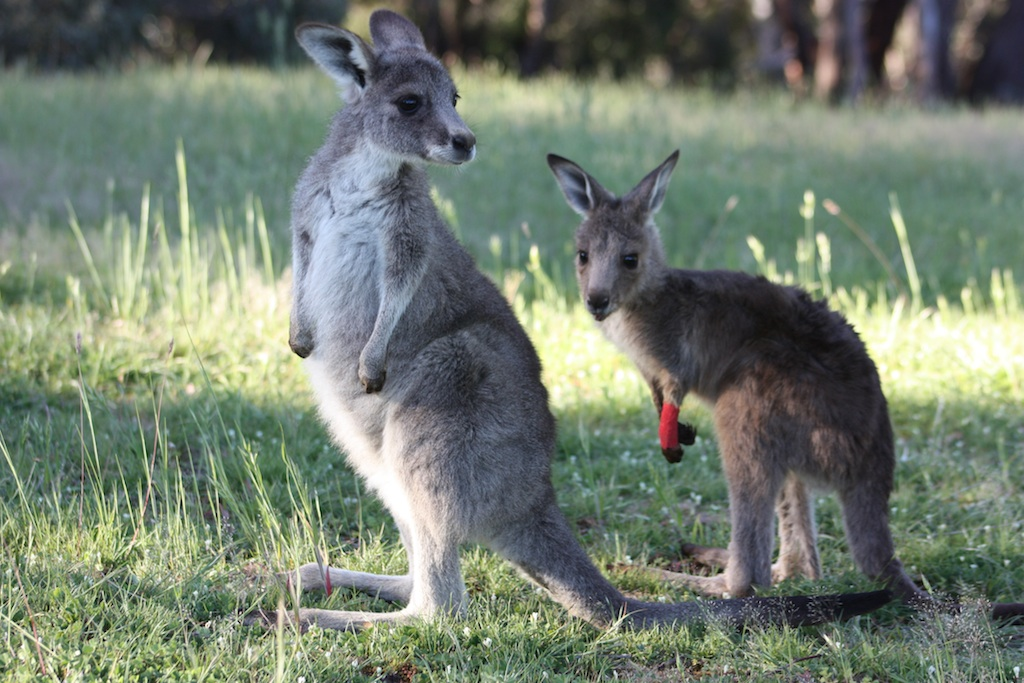Data on NSW licencing reveal the extent of Government-sanctioned destruction of native animals in the state | Conservation groups and wildlife carers to provide evidence of the extent of cruelty at inquiry into licensed killing SYDNEY (5 February, 2026)—Humane World for Animals Australia (previously Humane Society International Australia) will...
Working on a tip from activists (including Humane Society International partner groups) just two days before the “official” start of the dog meat “festival” in Yulin, authorities have seized a truck transporting more than 800 dogs to a dog meat market. After 10 hours of negotiation, the dogs were handed over to the activists. At the time of writing, the truck is headed to a shelter where the dogs will receive medical attention. This is the largest rescue of dogs bound for slaughter since the festival started in 2010.
As the festival approaches, there are other new developments on the ground.
Authorities in Yulin have reached a last-minute compromise with dog meat vendors to allow the sale of dog meat to continue this year, but only under the condition that each stand display no more than two dog carcasses. While this is a disappointment for those of us working to end dog meat sales altogether – since we had hoped authorities might forbid any sales — it also indicates that Yulin authorities recognise that they have a global media relations problem and are now taking actions that place restrictions on the dog meat trade. Remember, it wasn’t long ago that Yulin authorities were the protectors and promoters of the festival.
Activists on the ground are working to monitor compliance with this conditional sales agreement, and we have reports and video (shown below) of police officers enforcing compliance at one of the meat markets. Yulin police have also set up a temporary office in the city’s biggest dog meat market for daily inspections to ensure vendor compliance.
Hundreds of activists, including many belonging to our partner group, Guangzhou Animal Rescue, played a key role in the massive seizure of dogs bound for the Guangzhou province, known as the “world capital of dog meat consumption.” The truck was stacked with about 400 wire cages, with six to seven dogs crammed inside each cage. There was hardly any room for the animals to breathe. The dogs, who had been without food or water, presumably for many days, were in poor shape. Some have already died from injuries, illnesses, and other problems no doubt brought about by the grueling days they’ve spent on the road. Authorities have cordoned off the truck, and activists are feeding the animals water, to keep more dogs from succumbing to thirst.

The truck was stacked with hundreds of wire cages, with six to seven dogs crammed inside each cage. There was hardly any room for the animals to breathe. Photo by LJQ
Our partners who are monitoring the meat markets report that sales are much slower than usual. Videos and photos, taken at Nanqiao market in Yulin yesterday, show empty stalls, and law enforcement officers enforcing the compromise sales ban. On the morning of June 17th, HSI’s Chinese partners spotted traders at Nanqiao market who appeared to be selling dog meat in violation of the new order and reported the activity to Yulin authorities, which led to a crackdown.
On the 18th and 19th, Chinese animal protection groups confirmed significant drops in dog sales. While in previous years we’ve seen a dozen dog meat stands with piles of carcasses loaded on each stand, this year there were just a few stands with no more than two dog carcasses each.
It was not business as usual, said Sean Long, a Chinese activist who was in the market on the morning of the 17th. “It’s disappointing to see dog meat still on sale, but nothing like the amount we’ve seen in the past.” Vendors Long spoke to told him that they believed they were allowed to sell dog meat again. “However, other vendors expressed doubt that they would be allowed to continue selling dog meat and said that there was so much genuine uncertainty that they had decided not to order more dogs in case they can’t sell them,” Long added.
Dr. Peter Li, HSI’s China policy specialist, told me that while the restricted sales order is by no means perfect, it is having an impact and Yulin law enforcement want to be seen to be taking it seriously. The intervention of the law enforcement authorities is causing vendors to hold off buying more dogs. With the combined efforts of authorities stopping trucks carting dogs to slaughter, and the enforcement by police, we are confident that dog meat sales at Yulin this year will be a fraction of what we have seen there in past years. As Peter puts it,
“Yulin won’t be as simple as switching off a light. Instead, it’s lots of smaller victories that build toward the end goal.”

The dogs on the truck have been without food or water, presumably for many days, and are in poor shape. Some dogs have already died. Photo by LJQ


